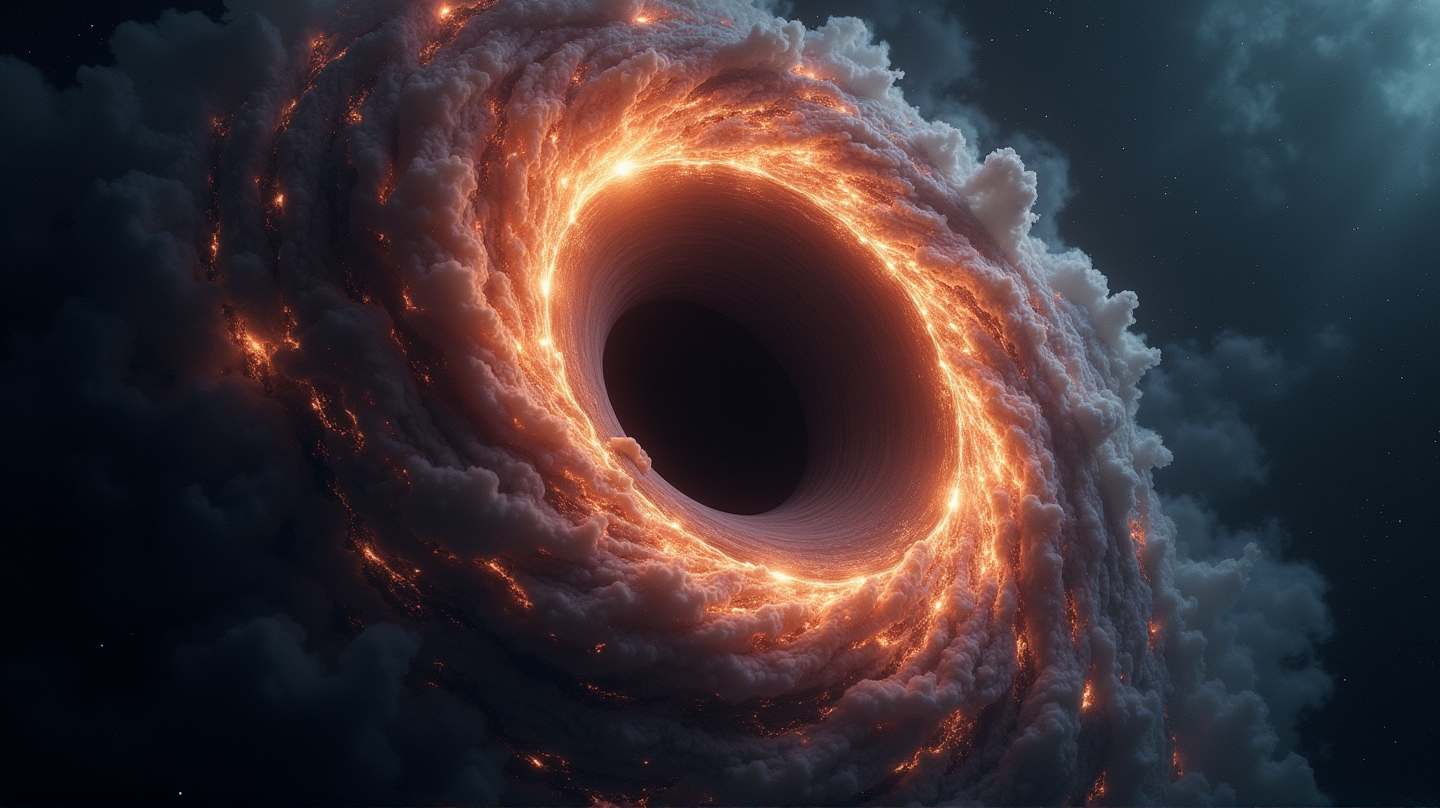Could Earth's Sibling Planets Harbor Hidden Cosmic Threats?
Discover the startling possibility of 'massive' black holes forming within exoplanets, transforming them from celestial wonders into potential cosmic destroyers.

Cosmic Alchemy: From Dark Matter to Black Holes
In an intriguing turn of cosmic events, recent research highlights the potential for exoplanets—those celestial wonders orbiting stars beyond our solar system—to transform into harbingers of cosmic doom. At the heart of this narrative lies dark matter, a mysterious substance weaving the universe together. While dark matter forms an integral part of the universe, comprising about 27%, its elusive nature leaves scientists debating its true form and function. According to UNILAD, this unseen entity might just be the instigator of black holes within certain planets, leading to catastrophic possibilities.
The Alarming Mechanics Behind Planetary Black Holes
Dark matter, despite its invisibility, wields the power to trigger black holes under specific conditions. The process, as proposed by researchers, involves dark matter accumulating over time in the cores of exoplanets, leading to the eventual formation of black holes. These cosmic vortices could expand, consuming their host planets from within, reshaping the landscape of our universe in the quiet folds of space.
Who’s at Risk? Gaseous Giants Are in the Hot Seat
According to research spearheaded by Mehrdad Phoroutan-Mehr at the University of California, Riverside, gaseous exoplanets, due to their unique structures and conditions, stand on the front lines of this cosmic drama. The eerie possibility looms that multiple black holes could form within a single gaseous planet, staging a cosmic play in the life cycle of such celestial bodies.
Earth in the Clear - For Now
Fortunately, Earthlings can rest easy as our planet is not categorized as an exoplanet, sparing us the immediate danger of such internal collapse. However, the study carries profound implications for our comprehension of space and the enigmatic dark matter. The very fabric of our knowledge about planetary safety and cosmic structure gets challenged as new data roll in.
Expanding Horizons: Using Exoplanet Surveys to Decode Dark Matter
As we decode these findings, Phoroutan-Mehr envisions a future where the study of exoplanets could become a roadmap to understanding dark matter. This research accentuates how ongoing and future space missions might illuminate these mysteries further. By investigating regions believed to be rich in dark matter, such as the Milky Way’s heart, we inch closer to unlocking these universal secrets.
Future Paths: Expanding Knowledge
Each discovery invites more questions than answers, presenting us with the grand task of piecing together the cosmic puzzle. The age of exoplanets can usher in an era of innovation, offering unprecedented insights into the unseen forces molding our universe. These advances could redefine our understanding not just of planets or dark matter, but of our place within the grandchitecture of the cosmos.

